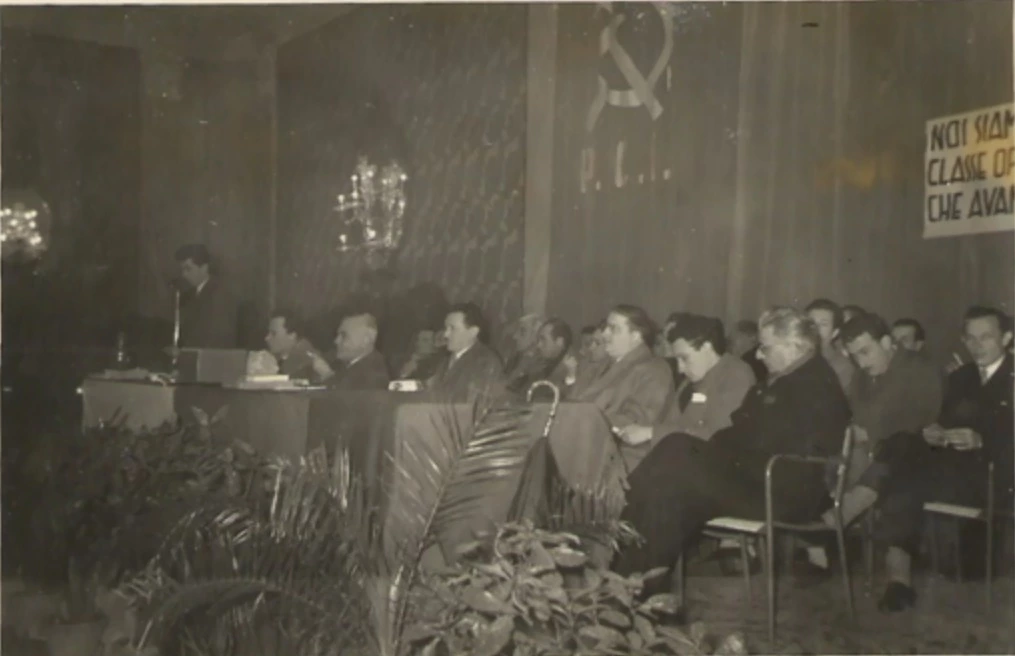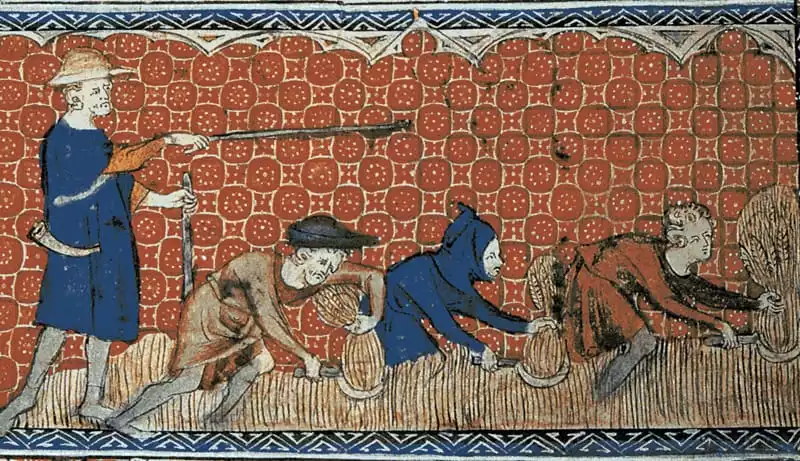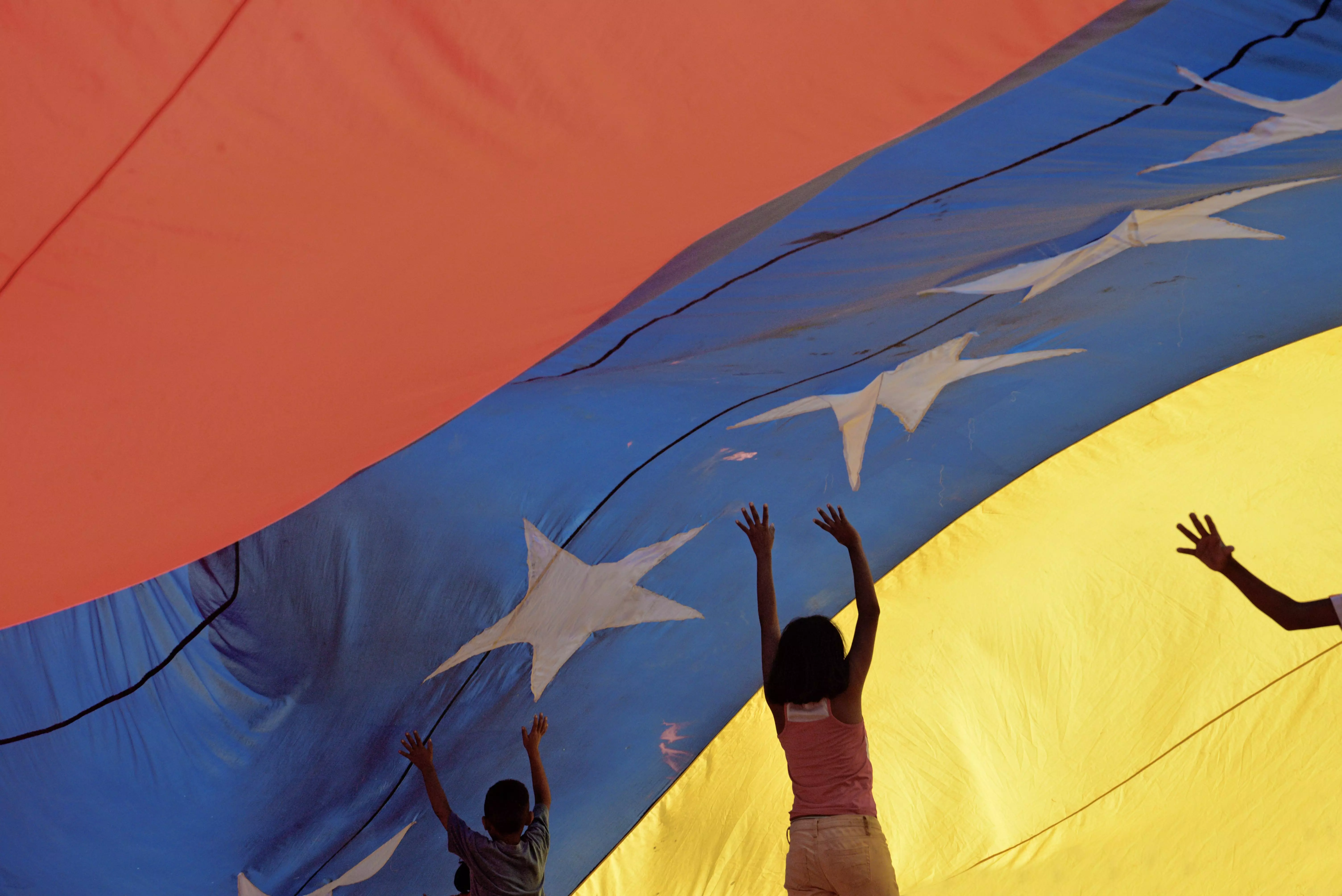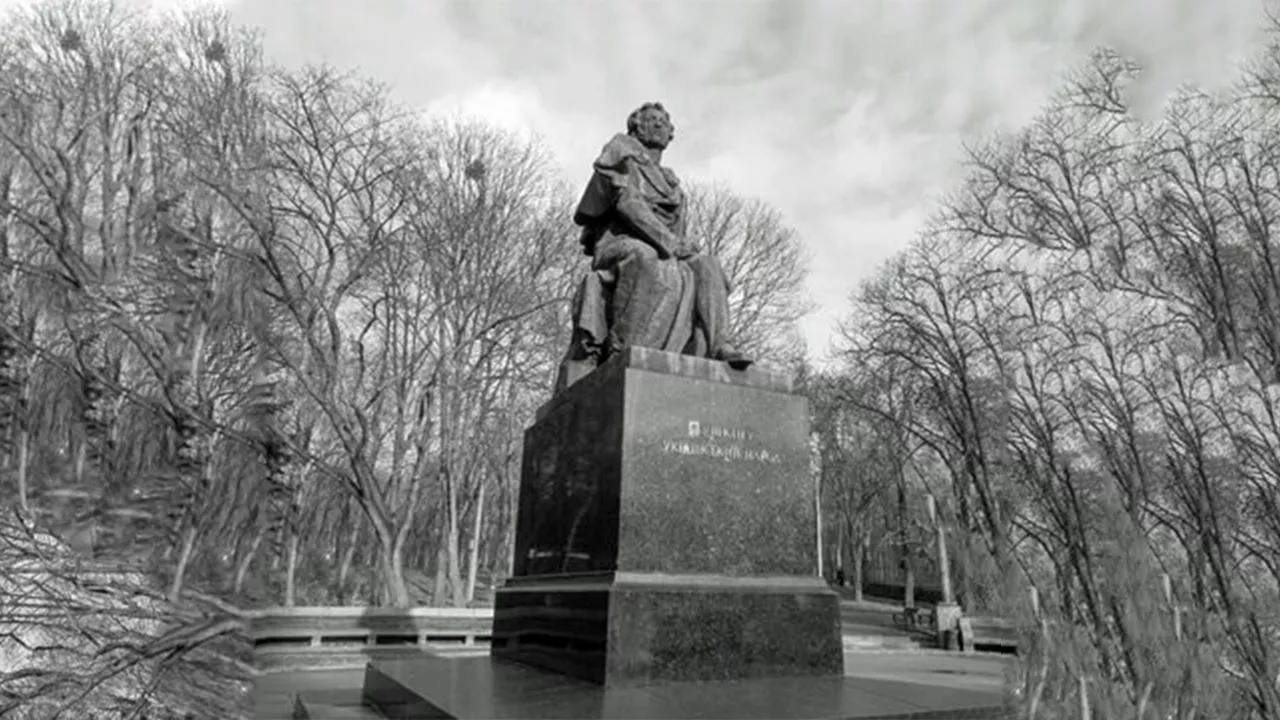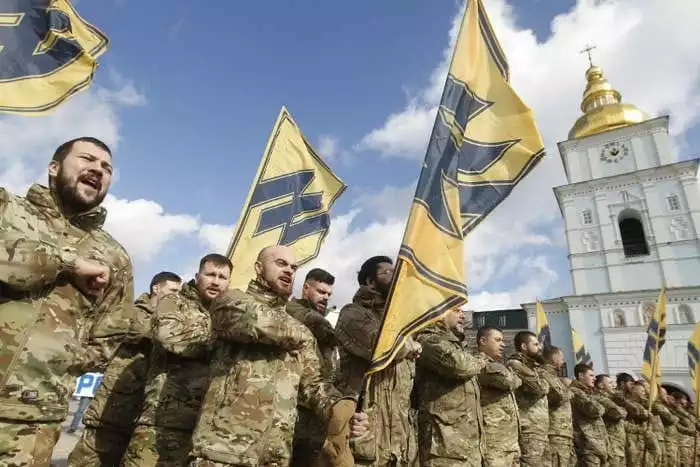Drama is the form in which sport, in a structural sense, most closely resembles art. Speaking of the relation between sport and acting, Christopher Lasch says: “By submitting without reservation to the rules and conventions of the game, the players (as well as the spectators) cooperate in creating an illusion of reality. In that way the game becomes a representation of life, and play takes on the character of play-acting as well. In our time, games – sports in particular – are rapidly losing the quality of illusion. Uneasy in the presence of fantasy and illusion, our age seems to have resolved on the destruction of the harmless substitute gratifications that formerly provided charm and consolation. (….) Play has always, by its very nature, set itself off from workday life; yet it retains an organic connection with the life of the community, by virtue of its capacity to dramatize reality and to offer a convincing representation of the community’s values. The ancient connections between games, ritual, and public festivity suggest that although games take place within arbitrary boundaries, they are nevertheless rooted in shared traditions to which they give an objective expression. Games and athletic contests offer a dramatic commentary on reality rather than an escape from it – a heightened re-enactment of communal traditions, not a repudiation of them. It is only when games and sports come to be valued purely as a form of escape that they lose the capacity to provide this escape.”
Since “sports contests” offer a dramatic commentary on reality and they are “in the organic connection with the life of the community”, and not a confrontation with reality which strives to overcome it, the organizers of today’s sports spectacles follow the demands put forward by Lasch. Their main task is to turn sports contests into a “higher form of existence” which will in the most authentic form reproduce the drama of everyday life. To be “organically connected” with the life of today’s community does not mean to be close to the original spirit of competition, but to the spirit of domination and destruction. Idealization of sport, as a dramatic commentary on life, involves idealization of the ruling relations and values – which are shaped in sport. It is interesting that Lasch does not see a connection between the professionalization (commercialization) and the trivialization of sport: „What corrupts an athletic performance, as it does any other performance, is not professionalism or competition but a breakdown of the conventions surrounding the game. It is at this point that ritual, drama, and sports all degenerate into spectacle. Huizinga’s analysis of the secularization of sport helps to clarify this point. In the degree to which athletic events lose the element of ritual and public festivity, according to Huizinga, they deteriorate into „trivial recreation and crude sensationalism”.“
By glorifying sport as play Lasch „forgets“ that sport is dominated by the principle of competition and the principle of performance, which means that man's relation to himself and others is mediated by quantitative measures in which both cultural and individual human expressions are alienated. It is dominated by the absolutized principle of performance which in monopoly capitalism, ruled by the principle „Destroy the competition!“, becomes the totalizing power of profit that deals with „individual achievement“, which was (together with the principles „Equal chances!“ and „Let the best man win!“) the ideological cover-up for the original spirit of capitalism (liberalism). The development of relations in sport is best seen with the example of auto racing. It is actually a fight between the most powerful car-manufacturing concerns, their expert teams, while man is reduced to being the „driver“, who will appear on the throne, in the wheel chair or in the cemetery. Not only in individual sports (dominated by strength, speed and stamina) but also in „playing sports“ - the play has been completed before the players run out onto the field.
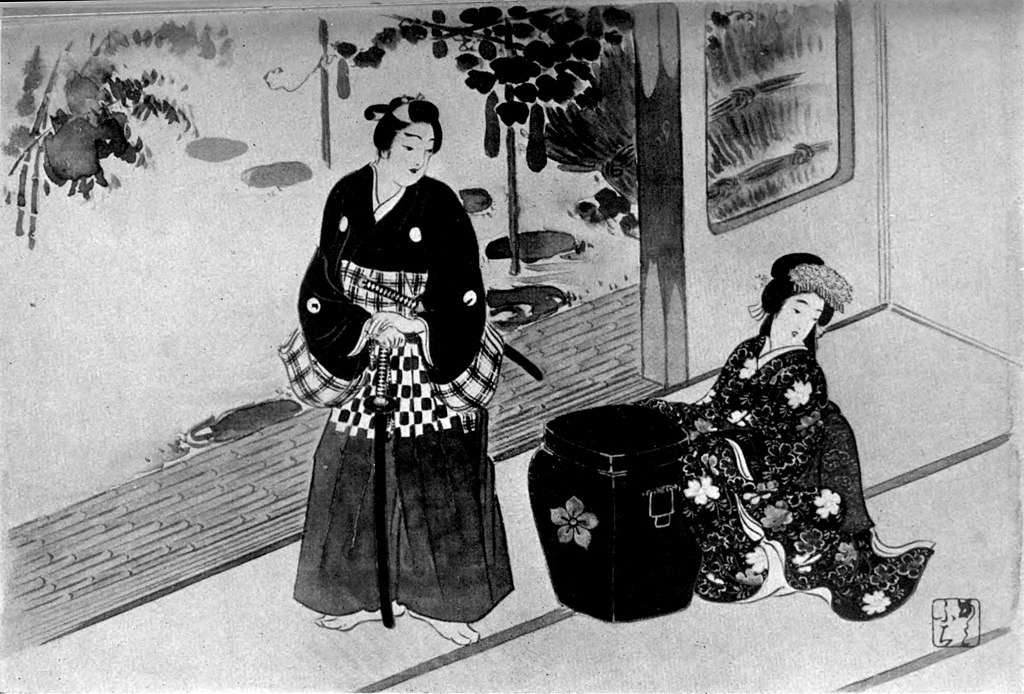
Huizinga's criticism of sport from a cultural point of view throws light from another angle. Speaking of medieval “sport”, Huizinga concludes: “The medieval combative sport (...) is different from Greek sport and modern athletics in that it is far less natural. In order to increase the combative tension, sport is invested with aristocratic pride and honor, romantic-erotic charm and the appeal of artistic beauty. It is full of radiance and decorations, full of rich fantasy. In addition to play and physical exercise, it also serves as a sort of literature. The desire for and dream of a joyous life express a longing for a dramatic performance, for life as a play. Real life was not nice. It was cruel, horrible and perverse; in the judicial and military lives, there was little room for the feelings of courage that inspired by love. But the soul is full, people want to enact those feelings and create a nicer life in a beautiful play. The element of true courage at a chivalrous tournament surely is no less worthy than in the pentathlon. A very erotic character requires bloody fierceness. The tournament is, in its motives, most akin to the contests in the old Indian epic; to fight for a woman is the central idea in Mahabharata.”
For Huizinga, the duel is a ritual form of expressing man's complete submission to the established order. The same can be found in sport: in a fair-play man's right to life is subordinated to the right of order to survive. Life itself becomes a stake demonstrating loyalty to the established order, while a fight to the death becomes the most authentic form of natural selection. Huizinga’s homo ludens is the picture of a “noble knight” who is the idealized incarnation of the warring aristocracy and aristocratic values. Instead of humanism and love of freedom, ambition and love of power prevail. However, what “honor” is shown by killing a man? What is the nature of the erotic impulse expressed through “bloody fierceness”? What is beautiful about a cruel fight to the death, in cutting throats and other butchery, in evisceration, in mutilated bodies buried in mud? And all that just “to win the favor of courtesans”? Huizinga proclaimed that the pathology of medieval society was the source of the highest human ideals. Huizinga insists on the “art of life”, and not on a free artistic creation. That is why he attaches such importance to “fashion”: clothes are not an affirmation of human independence, but a class-leveling shroud to which man is predestined. It is quite logical that Huizinga gives priority to the “art of life” rather than to art, itself, for it, above all, involves “nicely stylized forms of life, which should raise cruel reality to the level of noble harmony”. “The high art of life” (“fashion”) becomes the form in which a decorative aesthetics triumphs over art as a creative act. Huizinga goes so far as to proclaim the apparent forms of the established relations “pure art”. By way of the “artistic” form, Huizinga actually seeks to prevent the original human creativity from crossing the normative firmament of his aesthetics, destroying the world of illusions and questioning the existing order. Man is not the creator of his own world; he is part of the decor on the stage of the present world.
Drama is possible because life is alienated from man. It is an alienated form of “playing” the essence of life alienated from man. Ultimately, the essence of life is given by the ruling ideological firmament, and it becomes the prism through which man sees himself and society: a masked slavery, a masked nothingness, a mutilated human image, a “pendulum of capitalist horror” become a lollypop, people laugh and cry over their destiny... In the theatre, life is being acted out, man being only an observer. The powers that keep him obedient in society take on a caricatured form. Apparently, man has control over them; he resists them. In reality, drama is the “relation” of man to the world that pins him down to the existing world. A “good performance” is the other side of a bad life. Actors are tragic products of a tragic world. Man does not experience the essence of his life by way of an active life; it is given to him by way of a “cultural sphere” that becomes a compensatory mechanism, a form of sterilization of the critical mind and active will. It is “cultured” to watch human sufferings on the stage, but it is “uncouth” to fight to eradicate injustice in life. The destruction of the human pleases the petty bourgeois: it helps him to shed his responsibility for the survival of the world and to lull himself into accepting the existing hopelessness. The theatre does not produce revolutionaries, but “audiences”. It is a form in which culture becomes devoid of the libertarian. Orpheus without Prometheus becomes Narcissus. All that proceeds is a virtual reality, which, as it becomes more realistic, offers man a better opportunity to escape reality. The theatre, cinema, concert hall, gallery, the church – all these are forms in which the illusory “world of culture” is institutionalized, and it is created as a “parallel world” to the everyday, hopelessly uncouth world and gives the petty bourgeois an apparent escape from capitalist nothingness to ensure his “elite” class social status.

The nature of sport as drama is conditioned by the role of sport in society. It is not an active integration into the ruling class, like the ancient Olympic Games and medieval chivalrous tournaments, but a supraclass phenomenon and as such means the integration of the oppressed into the spiritual orbit of the ruling class and their depolitization according to the principle panem et circences. Its purpose is to inseminate man with the ruling spirit, to pin him down to the existing world, destroy his mind, imagination, his hope of a better world... A sports spectacle is a modern pagan festival, which gives a fatal dimension to the ruling relations and values. It does not enable man to treat the existing world in a reasonable way, but completely integrates him into it. Man becomes the toy of destiny, the implement of the basic processes of capitalist reproduction. Sport abolishes the duality of reality and ideals. In it, there is no opposition between play and life: it represents life in its existential and essential sense. Sport is the authentic form of the playing of life and, thus, is its glorification, which is supposed to create a religious relation to the ruling values. Sport does not reflect the human; it is rather that man becomes a means for deification of the ruling relations and values. Sport is not an innocent children’s pastime; it is a ritualistic manifestation of submission to the ruling spirit and, thus, is the highest religious ceremony and liturgical in character. It is pervaded with a sacred serenity. Hence the importance of the “Olympic oath” (serment olympique): sport is the cult of the existing world, while man appears in the sports ritual as the symbolic incarnation of the spirit that rules the world. A sports spectacle is not an enactment of life; it is its reproduction: in it, the essence of the capitalist world appears in a condensed form. Rugby, boxing and other blood sports are immediate expressions of the “American way of life”, which is based on a ruthless Social Darwinism and a destructive progressivism – and becomes a planetary way of life (“globalism”).
The sports drama is an authentic way of playing out life – but one in which life, itself, is at stake. Sport is a drama without masks, without petty bourgeois lies, without invented plots that are meant to glorify criminals and obtain meaning for capitalist nothingness. Life, itself, continues without a “humanistic” and “artistic” veil. It is legal in sport to inflict serious physical injury and to kill, to mutilate children, to apply medical “treatment” that reduces sportsmen to laboratory rats, to turn the young into fascist hordes... The theatre represents the scenery of the world of lies and crime; sport represents its foundation. At the stadium, there is no human distance, there is nothing comical: gladiators are not entitled to laugh. An increasingly bloody life requires increasingly bloody sports spectacles, which are compensation to the oppressed for the daily increase in their misery. “The spectators love the smell of blood!” – this is the “golden rule” of sports show-business in the USA and other countries of the “free world”.
Sports stadiums were not built for the well-to-do (petty) bourgeois, as is the case with the theatre, which has an elitist following, but for the working “masses” deprived of their rights and for their children who are reduced to “hooligans”. The modern stadium appeared along with the modern industrial proletariat, at a time when workers had managed to obtain the eight-hour work-day – an era when the bourgeoisie was trying to “colonize the leisure time” of workers and thus prevent their political organization and integration into the ruling order. Stadiums are not designed to advance the “cultural education” of the oppressed, but to “pacify” (depolitization) them and to soothe their idiocy. “Sport is the cheapest spiritual food for the (working) masses and keeps them under control.” is the most accurate sociological (political) definition of sport. It was pronounced after the First World War, and at the height of the revolutionary movements in Europe, by the “father” of modern Olympism, Pierre de Coubertin. Sport is becoming a way of destroying class-consciousness and shifting the fight from the political to the sports arena. Stadiums are not the temples of culture but the brush-fires that purge the oppressed of their discontent. This purpose is what dictates their appearance: stadiums are modern concentration camps for people deprived of their civil and human rights. Everywhere in the capitalist world, where more and more people are becoming poorer, and fewer and fewer people are becoming rich, we have the same picture: wire fences, special police forces, trained dogs...
A match is an occasion for those increasingly deprived of his rights to vent their frustration, and it is not a reflection of human “evil” but an expression of their suffering and despair. Sports spectacles are a way of turning the critical and change-oriented potential of people deprived of their rights into aggression directed at the “opponents”, who belong to the same oppressed class, and a way of provoking war between them. This is the basis on which fan-groups are formed: instead of turning their discontent towards the ruling order, young people turn it towards other fan-groups who, themselves, are the victims of an inhuman order. “Supporting masses” are a form of degeneration of working-class youth, while the fanaticism of supporters is a form of their degenerated critical and change-oriented consciousness. Symbols and slogans under which the youth gather do not speak of freedom, brotherhood, peace, cooperation, love: they are of a fascist character. “Patriotism” without culture is barbarism. As far as sports “idols” are concerned, they are not fighting for freedom; they are the tools of capitalism for combating the libertarian mind and integrating the youth, reduced to a supporting “mass”, into the existing world. The increasingly bloody conflicts between different supporters are an inevitable consequence of the increasingly difficult position of young people in a world based on the principle “Money does not stink!”, and on the increasingly ruthless manipulation of the young, which springs from the fear that their discontent might turn against the ruling order and be used for building a new (just) world. On sports stadiums, the fresh mountain water, which overflows the deteriorating capitalist dam, turns into a swamp. Firecrackers and other fan paraphernalia do not express a joy of life: they are symbols of destruction. Torches are not sources of light: they suggest the flames that are consuming this world without a future.

The “intensity of life” for ancient man was conditioned by his tragic position as a “plaything of the gods” and his endeavors to do all that is possible during his short and meaningless life to achieve “fame” and thus gain Olympian immortality. In capitalism, the “intensity of life” is conditioned by the logic of capitalist reproduction: to achieve a better result (profit) in the shortest possible time. This logic prevails not only on a sports field, it conditions man’s entire life. In sport, there is no confrontation between life and human tragedy. It is one of the most important ways in which capitalism “reconciles” man to the existing world, which reduces him to an impersonal member of the worker-consumer “mass”: sport removes the tragic from the capitalist cosmos by depriving man of humanity.
If you are a socialist, We need you now!✕
We are proudly biased towards Anti Capitalist, Anti Imperialist, Anti fascist! We believe we don’t need to mention you the importance of marxist magazine in this era! We are depending on our comrades only! Make an investment of $2.5/m in making a quality journal inclined to Marxism Leninism! Your one potential subscription helps us to maintain our global team! Subscribe and get access of all exclusive content available at the magazine section!

